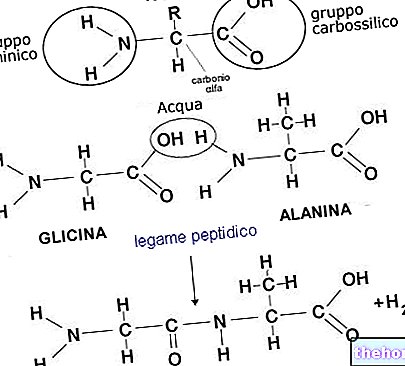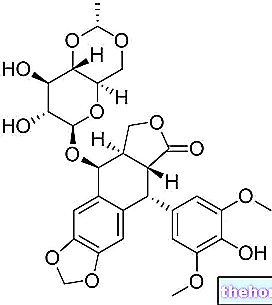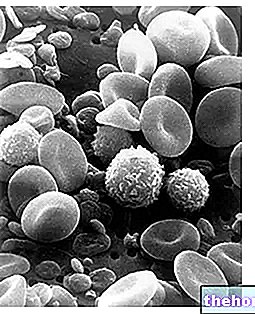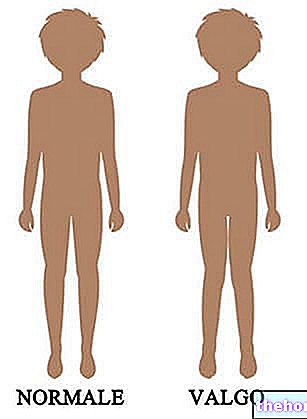Energy needs
The relative energy requirement, considered per kg of body weight, is maximum in the first month of life, where it reaches values three times higher than those of an adult.

Caloric requirements tend to decrease after the first weeks of life; however, as their body weight increases at the same rate, the newborn needs a higher energy intake in absolute terms. For this reason, if during the first six months the caloric coverage given by breast milk is sufficient, after this period weaning can and must begin. The World Health Organization advises not to undertake it before the fourth month of life and not after the sixth. A weaning too early could in fact lead to allergic problems, while a late weaning could cause nutritional deficiencies.
In the first year of life, 85-90% of the caloric intake is used for the maintenance of basic functions and for growth, while only 10-15% is reserved for expenses deriving from physical activity. , on the other hand, the latter percentage rises to 20-30%, while the basal metabolic rate drops to around 65-70%.
Protein requirement
The rapid growth, which goes against the young organism, means that the protein requirements, and in particular of essential amino acids, are much higher than those of an adult, where the nitrogen balance is in balance.
Lipid requirement
Hand in hand with protein requirements, even those for lipids reach their maximum value in the first weeks of life. These nutrients are in fact necessary, among other things, to build fat reserves, synthesize some regulatory substances, transport fat-soluble vitamins and build plasma membranes. Even if it has not been exactly quantified, it is very important to meet the need for essential fatty acids. (naturally present in breast milk and added in the process of preparing infant formula).
Need for carbohydrates
In the first years of life, the energy requirement is largely spent on maintaining the basal metabolism, since movements are limited and body growth is maximum. More proteins and lipids are therefore needed to synthesize the new body structures, but less carbohydrates ( which represent the classic fuel for muscle work, scarce in the newborn).
Fiber requirement
In the first year of life, the intake of fiber is limited by the need not to hinder intestinal absorption of nutrients and by the infant's inability to consume other foods than milk and a few baby products.
In children, the recommended daily amount of fiber, expressed in grams, can be easily calculated with the "age plus five" rule (age in years + 5), introduced by Williams (Child Health Center of the American Health Foundation, 1995).
For a one-year-old baby, 5 + 1 = 6 grams of fiber per day are therefore necessary, which will be provided above all by the fruit and vegetables present in the baby food or in the first baby food.
Need for vitamins and minerals
During the first months of life there is a progressive depletion of the iron stores accumulated by the baby during fetal life. To avoid deficiencies of this mineral, the pediatrician can suggest different strategies, such as the introduction of foods enriched with vitamins, iron and other minerals or the prolongation of breastfeeding. This last hypothesis, if practicable, also prevents the risk that the child goes against calcium deficiencies caused by the sudden "milky" diet, therefore rich in this mineral, to a non-milky one. Alternatively, foods naturally rich in calcium (milk and derivatives) or specific supplements can be introduced.





























